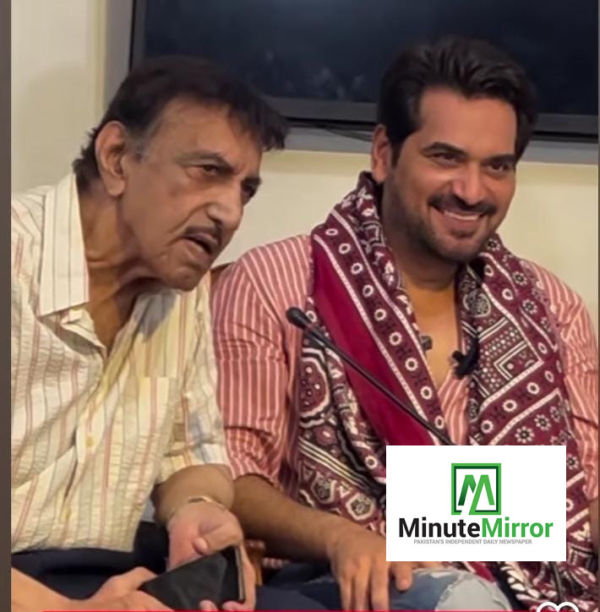
Let’s get one thing straight: The Bhagavad Gita was never meant to make you smaller. It wasn’t written to tame your fire or erase your questions. It exists, quite the opposite, to awaken what’s already there. And yet, over time, we’ve somehow turned it into a rulebook. Follow this. Don’t question that. Detach. Obey. Surrender. Repeat. But if you read the Gita with even half your heart open, you’ll see—Krishna never says, “Follow me blindly.” What he actually says is far more radical: “Know me through you.” It’s not just a spiritual one-liner. It’s the essence of what it means to live in alignment—not by copying someone else’s truth, but by discovering your own.
You don’t need to become someone else to be spiritual

True wisdom reflects you back to yourself.
We live in a world that sells identity like it's a product: lifestyles, labels, ideologies, even "spiritual" personas. But real wisdom doesn’t demand you to dress the part. It asks you to wake up. And waking up doesn’t look the same for everyone.
Krishna doesn’t try to override Arjuna’s humanity. He speaks to it. He doesn’t demand blind loyalty. He invites understanding. And then, in the most powerful moment of the Gita, he hands the decision back to Arjuna. He says:
“I have told you what I know. Now, reflect. Choose.”
There’s a kind of divine respect in that. One that doesn’t fear your freedom—but honors it.
To “know through you” means your journey matters

Spirituality honors your individuality, not conformity.
The Gita’s wisdom isn’t “outside-in.” It’s “inside-out.” It doesn’t ask you to fit into a mold. It invites you to become so intimate with your own nature—your doubts, your strengths, your contradictions—that you start to see the divine not as something separate from you, but something discovered through you. This is not easy. It requires presence. It requires you to pause long enough to ask:
What is real for me?
What is fear, and what is truth?
Am I following because I believe—or because I’m afraid not to?
This is the uncomfortable middle ground where real growth happens. And Krishna doesn’t rush you through it.
He holds space for it.
Faith that asks you to stop thinking is not faith. It’s dependency

Your lived experience is the path to understanding.
One of the quietest revolutions the Gita offers is this: Conscious choice is greater than unconscious obedience. It says: Don’t just surrender because you’re told to. Surrender because you’ve thought, felt, wrestled, and understood what surrender means to you.
Otherwise, what you call devotion may just be fear in costume. This isn’t about rebellion for the sake of rebellion. It’s about truth. And truth isn’t afraid of your questions. It welcomes them.
So what is Krishna saying?

Real faith includes reflection, not blind obedience.
He's not asking you to hand over your life and walk blind. He’s asking you to open your eyes. To engage with life. To live your dharma—not by copying someone else’s—but by discovering what yours even is. To think. To feel.
To step into a relationship with the divine that is not passive, but participatory. Because God is not looking for followers. God is looking for co-creators.
What do you walk away with?
If there’s one thing the Gita wants you to understand, it’s this: You are not here to erase yourself in order to find truth. You are here to become so deeply yourself that truth finds you. And when it does, it won’t be from a book, or a guru, or even a god telling you what to do. It will be in that quiet, steady knowing that rises from within—when your inner world finally stops outsourcing its authority.
That moment? That’s the beginning of real spirituality. Not a borrowed light. But one that’s always been yours. Let this linger:
Your highest guidance will never sound like someone else’s voice. It will sound like your own, but clearer.
-
Silver touches all-time high of ₹1.07L per kg

-
'F1': What to expect from Brad Pitt's high-speed drama

-
Is Bollywood ready for the 8-hour shift? Anand Pandit, Rahul Dholakia, Kumar Sanu and others weigh in on the battle between burnout and brilliance - Exclusive

-
Fahad Mustafa delighted by playful moment between Humayun Saeed and Mustafa Qureshi

-
Why is investment in mutual funds beneficial? Know 7 big reasons
